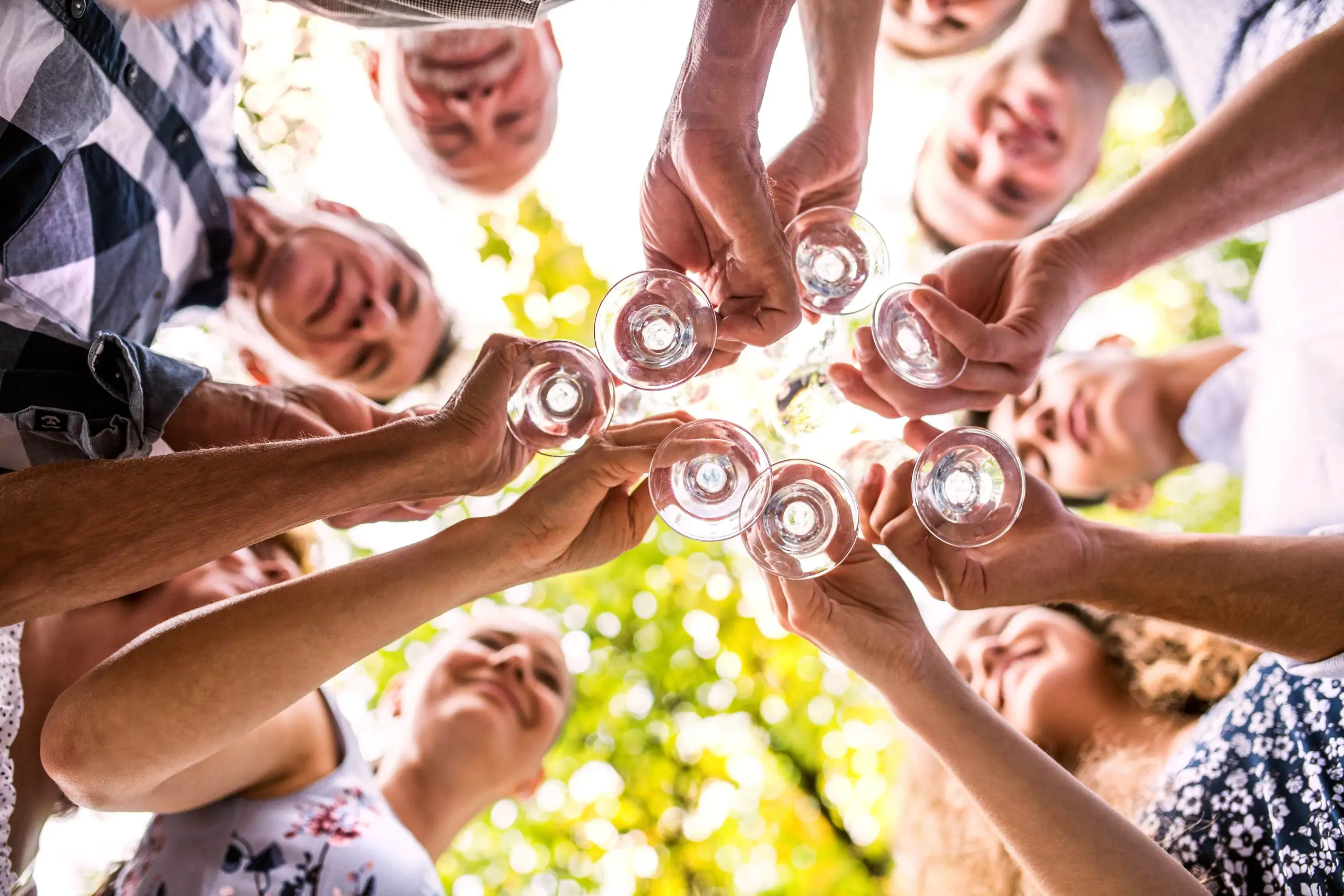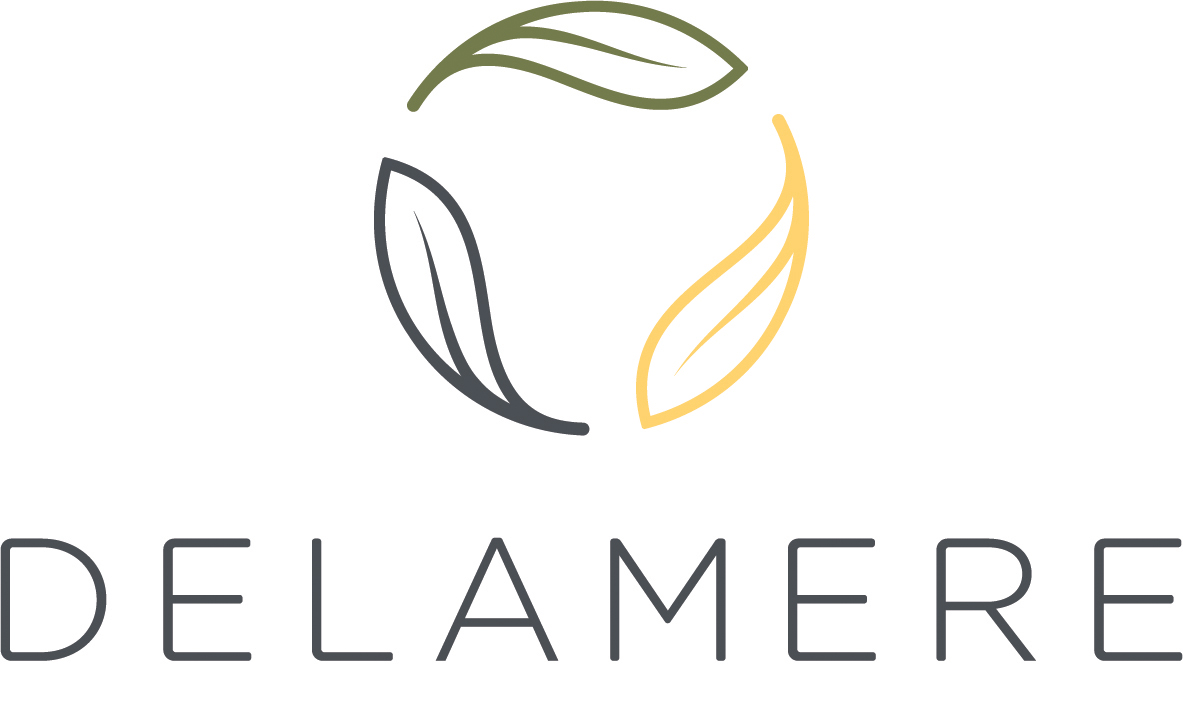What’s included?
- Introduction
- Alcohol-free boom
- Alcohol-free harms
- What is sensitisation?
- How can this lead to ‘white-knuckling’
- How to lessen the effects of sensitisation
- How to recover from relapsing
There’s a little saying in recovery and that is “non-alcoholic drinks are for non-alcoholics” and there’s a reason for that.
When people have provided alcohol-free drink options for me at a barbecue, or a party, I can tell they mean well.
They’ve considered the fact that I’m sober, so why wouldn’t they pour me some alcohol free fizz to cheers with?
But little did my friends and family know at first that this gesture of kindness could trigger me to relapse.
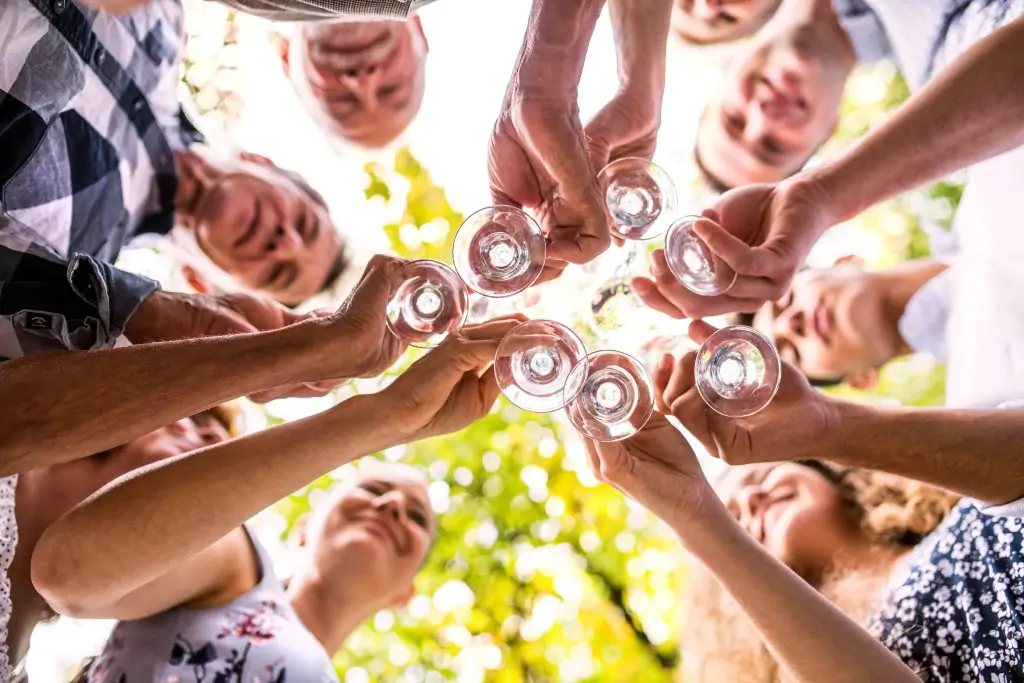
Alcohol-free boom
The alcohol-free industry has boomed in the last few years, as more people in the UK have reduced their alcohol intake.
The increase in alcohol-free options is a positive move towards a healthier nation of people who favour moderation.
A YouGov survey at the beginning of the year found that nearly half of 18-24 year olds drink alcohol-free options.

Call us confidentially at any time to speak to a member of our team.
Call us now: 0330 111 2015
Alcohol-free harms
Despite the positive impact that alcohol-free options may have on someone who has never struggled with alcohol addiction, they’re not for everyone.
Recognising that alcohol free options will likely make your recovery slower and more difficult is not easy.
It can be a quick way to fall back into harmful habits.
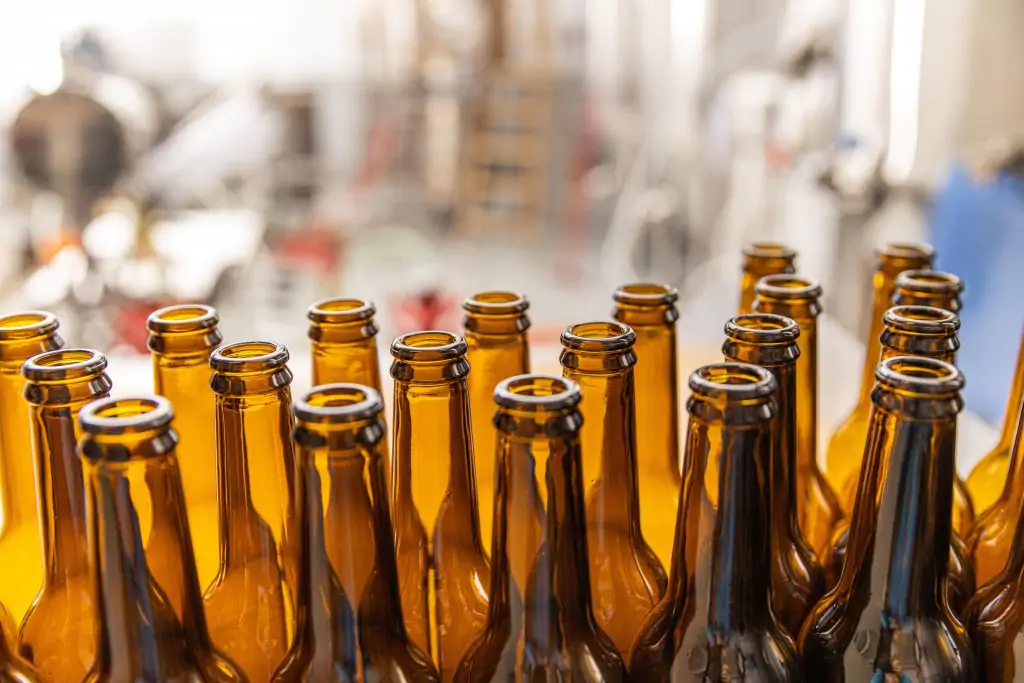
What is sensitisation?
There is a process with the neuroscience of addiction called sensitisation.
This is where experiences linked to your addiction trigger a strong or psychological craving. This can be smells, colours, flavours, and even the sounds of cans opening or corks popping.
Everybody experiences sensitisation in their own way, and even years into recovery, non-alcoholic products could still trigger that response. It can be as simple as the colours of the packaging.
I’ve found that people who are in early recovery might not understand sensitisation, which is why it can be catastrophic.
An honesty is required within those recovering from alcohol addiction, to confront their cravings and ask “why do I want to drink something that’s almost no alcohol?”.
How can this lead to ‘white-knuckling’
White-knuckling is a phrase we use in recovery, to describe someone who is struggling to ease into sobriety, who feels like they are clinging on and who can be susceptible to relapse.
More often than not, this is the first step in the domino effect that leads to the consumption of non-alcoholic beverages first thing in the morning, for example, as they replicate their addictive behaviours with the low and no option.
Whilst someone who has never struggled with alcohol addiction will be drinking a non-alcoholic drink for the flavour, or to curb the hangover the following morning, someone in recovery is chasing the feeling that alcohol gives them.
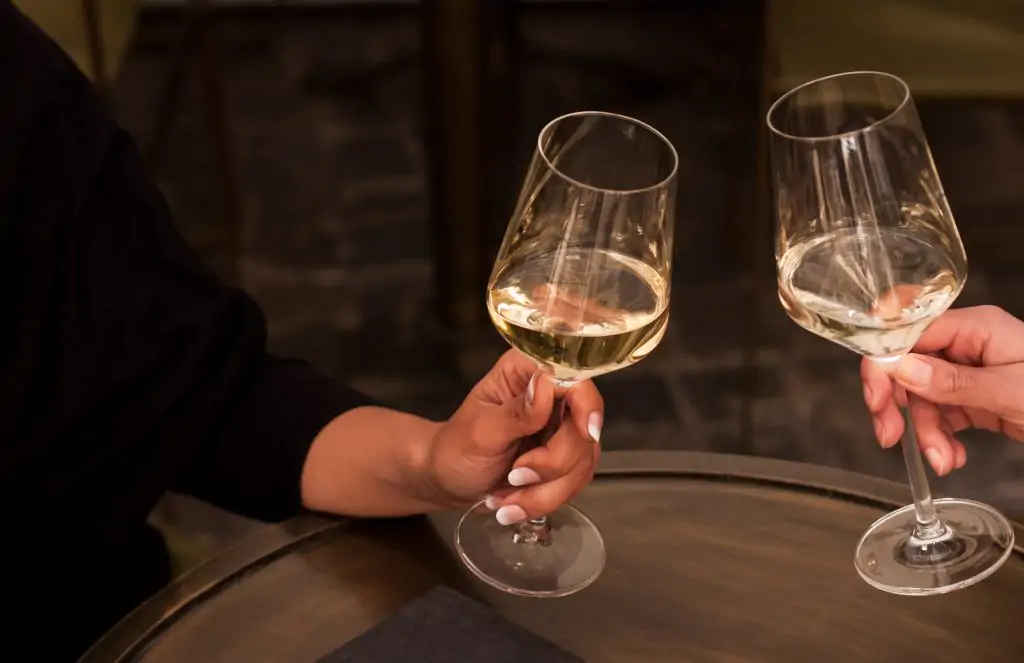
How to lessen the effects of sensitisation
Identifying your triggers will prevent white-knuckling your way through recovery and will stop it feeling like a constant mental battle.
Alongside building resilience to make the neuro pathways less intense, ensuring that your favourite soft drink is available at a social event removes the trigger from the situation.
Experimenting with new drinks that you don’t associate with alcohol is a great way to do this.
For example, if you used to drink vodka with cranberry juice, then the juice on its own may not be a good idea. However, pineapple or grapefruit juice could be an alternative.
How to recover from relapsing
There are a few simple steps to take if you have experienced a pause in your recovery. Always speak to someone that you trust to explain what you’re going through and how they can help.
HALT is an acronym we use to describe the situations you should avoid: hungry, angry, lonely and tired. Steering clear of HALT will put you at less risk of relapse.

Seeking support from your clinic or support network is another step to prevent rejecting recovery principles.
Delamere will work with you to understand the aspects of recovery that are proving most difficult, and to identify the triggers that are making it hard to stay away from alcohol.
Being the UK’s first purpose built addiction clinic, we have ensured the environment at Delamere is welcoming and non-judgemental.
The Stop, Start, Grow, Bloom treatment model at Delamere provides individualised holistic therapy to dive deeper into the causes of addiction.

Call us confidentially at any time to speak to a member of our team.
Call us now: 0330 111 2015
